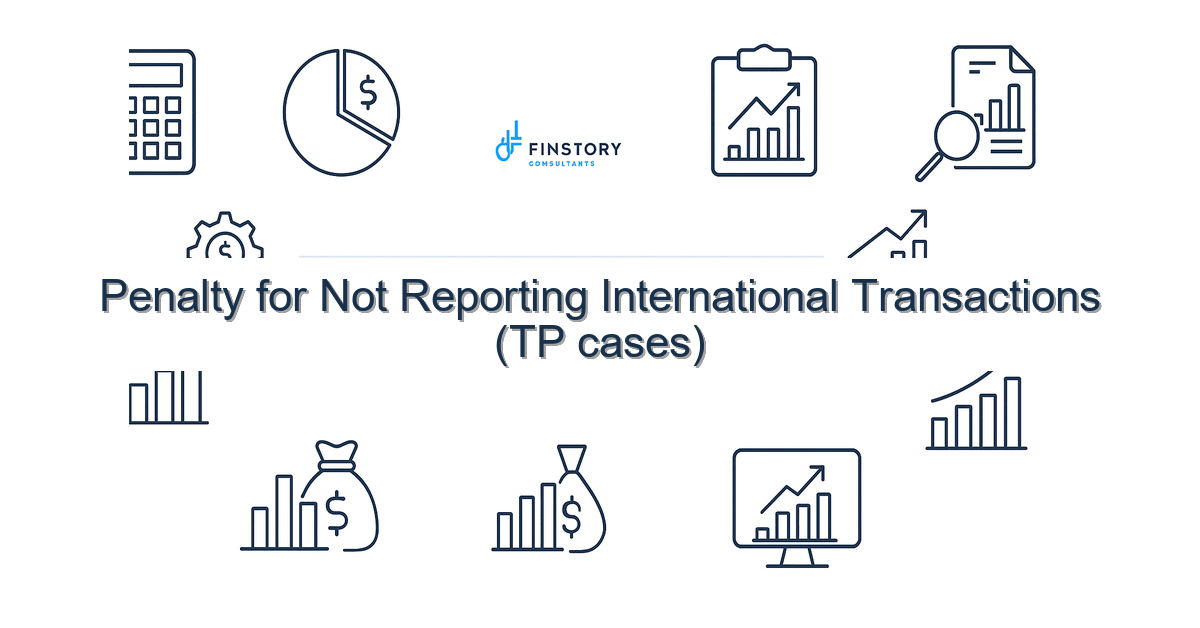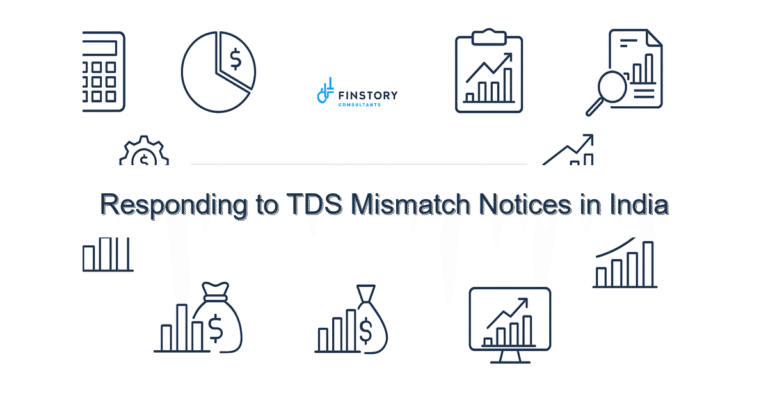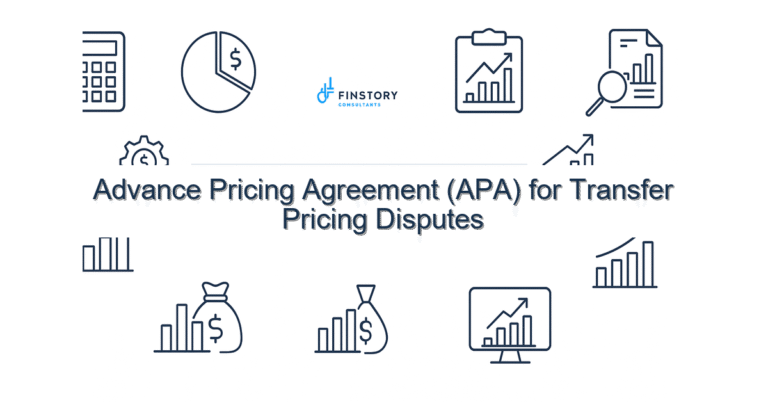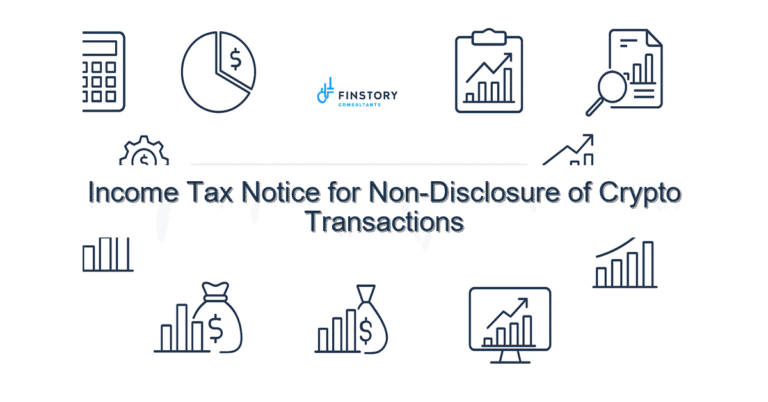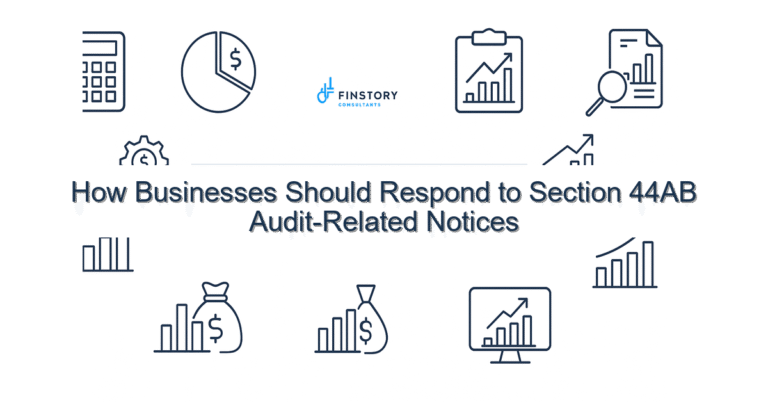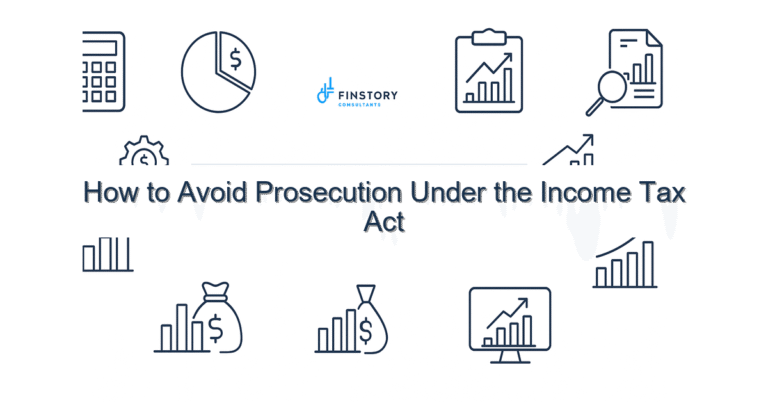Penalty for Not Reporting International Transactions (TP cases)
We know how stressful a tax notice can feel — especially when it relates to cross-border deals or payments to related parties. Many taxpayers only discover the exposure when an assessment or demand arrives months or years after the transaction.
Summary: Failure to report international transactions or maintain transfer pricing (TP) documentation can lead to TP adjustments, penalties under provisions such as section 271AA and 271BA, interest, and additional penalties for under‑ or mis‑reporting. Proactive documentation, timely Form 3CEB filing, and a pragmatic response to notices reduce risk and cost.
What’s the real problem in India?
India’s transfer pricing regime requires taxpayers to keep and furnish detailed TP documentation for international transactions and certain specified domestic transactions. The law uses terms like PY (previous year) and AY (assessment year), requires compliance with section 92D (documents) and section 92E (accountant’s report), and the Central Board of Direct Taxes (CBDT) issues circulars and timelines that must be followed. Missed disclosures or weak documentation invite scrutiny, and penalties can be material relative to the transaction value.
- Symptom: You received a TP questionnaire or notice asking for inter-company contracts and comparables after filing your ITR — often many months after the PY closed.
- Symptom: Form 3CEB wasn’t filed on time or TP documentation was prepared late with weak comparables.
- Symptom: TDS/TCS entries for cross-border payments don’t match AIS/26AS or the tax return, triggering mismatches.
- Symptom: You relied on informal pricing or management notes, not a formal TP study tied to the new vs old regime slabs or other tax planning.
What people get wrong
Common pitfalls are practical rather than theoretical. Taxpayers assume small or one-off international transactions are immaterial. Others believe that preparing a report after a query is enough. Typical mistakes include:
- Waiting until a notice to prepare TP documentation; retrospective reports often fail muster.
- Not filing Form 3CEB (accountant’s report) on time — this attracts a specific penalty under section 271BA.
- Ignoring AIS/26AS and TDS/TCS mismatches; these are a red flag for AO (Assessing Officer).
- Using unrelated comparables or failing to justify the methodology — inviting adjustments in price or margins.
A better approach
Think of TP compliance as risk management: document contemporaneously, reconcile tax flows, and keep a practical defense ready. Here’s a compact framework to reduce exposure.
- Assess materiality: list all international and related‑party transactions in the PY and quantify value and margin exposure.
- Prepare contemporaneous TP documentation aligned to section 92D — functional analysis, comparables, and benchmarking.
- File Form 3CEB (section 92E) on time and reconcile figures with ITR and AIS/26AS; fix TDS/TCS mismatches in advance.
- Maintain contracts, invoices, inter-company agreements and evidence of commercial rationale (e.g., emails, budgets).
- If queried, respond with a structured cover note, TP study, and reconciliations rather than ad-hoc documents.
Real-world example: A SaaS founder in Bengaluru discovered during an assessment that a $120k annual related-party service fee had no contemporaneous study. The TP officer made an upward adjustment of 20% and levied penalties. After an organized appeal with a credible study and reconciliations to AIS/26AS, the adjustment was substantially reduced — but the delay cost the company interest and legal fees exceeding the original documentation cost.
Quick implementation checklist
- List all cross-border and related‑party transactions for the relevant PY — include invoice dates and amounts.
- Check if Form 3CEB was filed for that AY; if not, prepare to explain reasons and file where possible with your CA ([link:ITR guide]).
- Prepare or update contemporaneous TP study: functional map, tested party, comparables and adjustments.
- Reconcile amounts in books with ITR schedules and AIS/26AS; resolve TDS/TCS mismatches immediately.
- Gather contracts, service level agreements, and evidence of arm’s-length negotiation.
- Run a quick risk score: transaction value × probability × documentation quality to prioritise remediation.
- If you’ve got a notice, respond within the deadline and request reasonable time if more documents are needed.
- Implement a simple TP calendar for future PYs so TP work is done contemporaneously before the ITR filing last date.
What success looks like
Clear measurable outcomes when you take the right steps:
- Lowered penalty risk — avoid 271BA and 271AA exposures or reduce penalty quantum on review.
- Fewer TP adjustments — less tax demand and lower interest under sections 234A/234B/234C.
- Fewer and faster ITR processing issues and faster refund releases.
- Reduced likelihood of prosecution or severe concealment penalties; mitigation of penalties under section 270A (under‑reporting/mis‑reporting).
- Improved creditability with tax officers and smoother audits going forward.
Risks & how to manage them
Risk: Penalty under section 271BA for failure to furnish the accountant’s report (Form 3CEB). Manage by timely filing and maintaining records.
Risk: Penalty under section 271AA for failure to furnish information/documents; this can be a percentage-based penalty tied to transaction value. Manage by preparing TP docs and substantiation contemporaneously and by having a defensible benchmarking study.
Risk: TP adjustments leading to tax demand and penalties under section 270A (50% to 200% in case of under‑reporting or mis‑reporting). Manage by accurate reporting, disclosure in ITR and clean reconciliations to AIS/26AS and TDS/TCS ledgers.
Tools & data
Use official and practical tools to strengthen your position:
- AIS/26AS — to reconcile TDS/TCS and foreign remittances with reported income.
- Income‑tax India e‑filing portal — for timely ITR, Form 3CEB submission and digital correspondence.
- TDS/TCS tracking tools and accounting software modules to flag cross‑border payments and mismatches early.
- Comparable databases and transfer pricing benchmarking tools for defensible studies.
- Keep an eye on common personal planning items (they interact with compliance): ITR filing last date, Section 80C limit, new vs old regime slabs, and capital gains indexation when any cross-border sale is involved.
For more background on regular filing and planning,
FAQs
Q: If I missed reporting a single related-party invoice last year, will I automatically get a penalty?
A: Not automatically. The AO may ask for documents and make an adjustment. Penalties may apply for failure to furnish documents (section 271AA) or for not filing Form 3CEB (section 271BA). Showing reasonable cause and providing contemporaneous documentation reduces risk.
Q: Is Form 3CEB mandatory for all companies with international transactions?
A: If you fall under section 92E thresholds and conditions, you must furnish the accountant’s report in Form 3CEB by the due date. Failure to do so can attract penalty under section 271BA (minimum Rs 1 lakh to a maximum of Rs 10 lakh in many cases).
Q: How do I reconcile TDS/TCS and AIS/26AS with TP figures?
A: Reconcile invoice-wise and payment-wise entries; ensure tax deducted on payments to non‑residents is reflected in AIS/26AS (or Form 26AS for domestic TDS). Fix mismatches by getting TDS certificates or correcting filings before the AO raises questions.
Q: Can small businesses or founders avoid TP work for low-value cross-border transactions?
A: Materiality thresholds help prioritise work, but absence of documentation for even modest related-party transactions can invite scrutiny. A simple contemporaneous justification and a scaled TP memo often suffice for low-value items.
Next steps
If you have international payments, related‑party transactions, or just received a TP notice, don’t wait. Early preparation reduces penalties, interest and stress.
Contact Finstory for a quick risk check, help with Form 3CEB, reconciliations to AIS/26AS, and a pragmatic TP study tailored to your size and industry.
Work with Finstory. Speak with an Expert for a personalised plan to reduce your tax outgo and stay compliant. Book a free 20-min consultation.
📞 Need help with Income Tax in India?
Book a 20-min consultation with our tax team. Individuals, founders & MSMEs welcome.
Prefer email or phone? Write to info@finstory.net
or call +91 44-45811170.
